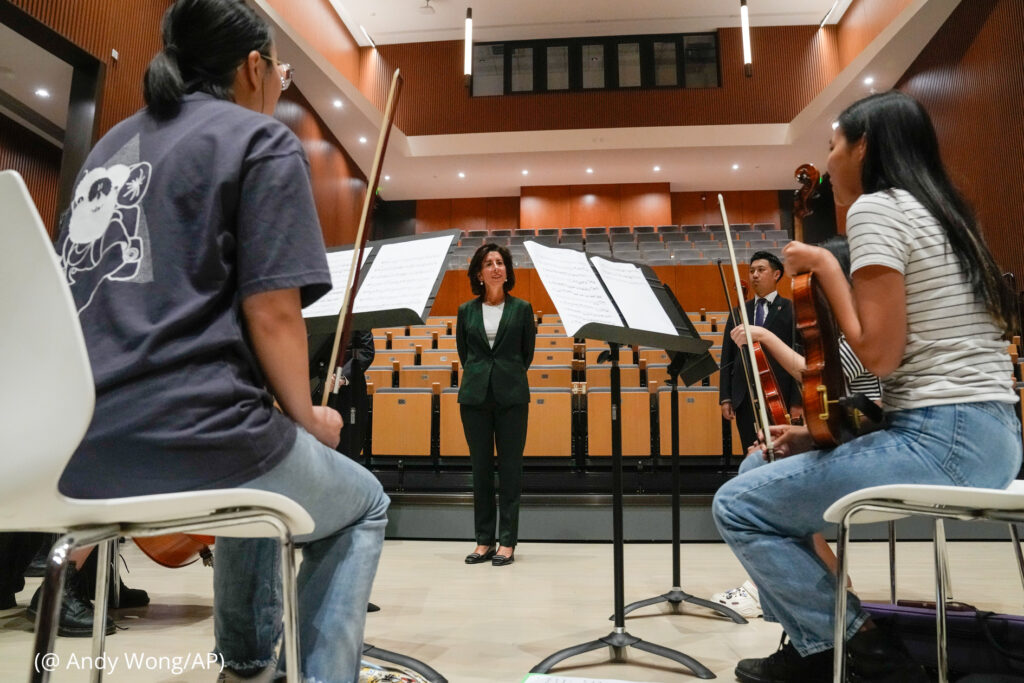Jamaica Minister of Tourism, Hon Edmund Bartlett has urged delinquent employers in the tourism industry “to step up to the plate and honour their commitment to workers to match the 5 percent contribution” made by members of the Tourism Workers Pension Scheme (TWPS).
The call came at the first annual general meeting of the scheme, held in hybrid form at the Montego Bay Convention Centre recently. The TWPS was launched in January 2022 and Minister Bartlett stressed that “up to July 21, 2023 membership enrolment stood at 6,214, with contributions totalling approximately $876 million.”
As of January 1, 2023, the contribution rate for members of the scheme was increased from 3% to 5% of their earnings. This is to be matched by a 5% contribution from their employers. However, Minister Bartlett lamented that some employers are not paying the employers portion and need to do the honourable thing. Mr. Bartlett also suggested that employees could contribute a higher portion of their earnings, such as 10%, ensuring a pension higher than the $200,000 per year minimum benchmark.
The scheme is designed to cover all workers ages 18–59 years in the tourism sector, whether permanent, contract or self-employed. This includes hotel workers and people employed in related industries, such as craft vendors, tour operators, red cap porters, contract carriage operators, and workers at attractions. Benefits will be payable at age 65 or older.
The Government of Jamaica committed J$1 billion to seed the scheme so that immediate benefits can accrue to qualified pensioners. Sagicor Life Jamaica manages the Fund and Guardian Life Ltd. is the administrator.
Underscoring the importance of the Tourism Workers Pension Scheme, Mr. Bartlett said it had the potential for nearly 500,000 contributors in Jamaica alone with the capacity of having trillions of dollars made available for investment in the economy.
This public savings, said Mr. Bartlett, “now becomes the pool of capital that is available for on-lending for infrastructural development and investment in commercial activities with high levels of appreciation and the returns come back to build the fund and to strengthen the capacity of the country itself.”
He said the pension fund could also be accessed for investment in tourism as employers would in time be able to borrow for expansion and development “and the good news is that the government has provided an opportunity for tax relief from that contribution.”
He also said plans were in the works for a major public education programme targeting tourism workers at all levels and senior students in high schools “because this programme is not just about providing a social safety net, but also building the culture of saving to create domestic savings.”
Minister Bartlett said the pension programme was one element of a broader strategy aimed at “rolling out an architecture to create a labour market arrangement for tourism overall that makes our industry more attractive and workers feel more secure and that their future is also assured.”
He said the second element was the training and certification of tourism workers while the third was ensuring that classification is brought fully in line with remuneration. What will eventually happen in the industry, he said, “is a new system of meritocracy with equity; you are trained, you qualify, you’re certified, you’re classified; you cannot be denied access.”












